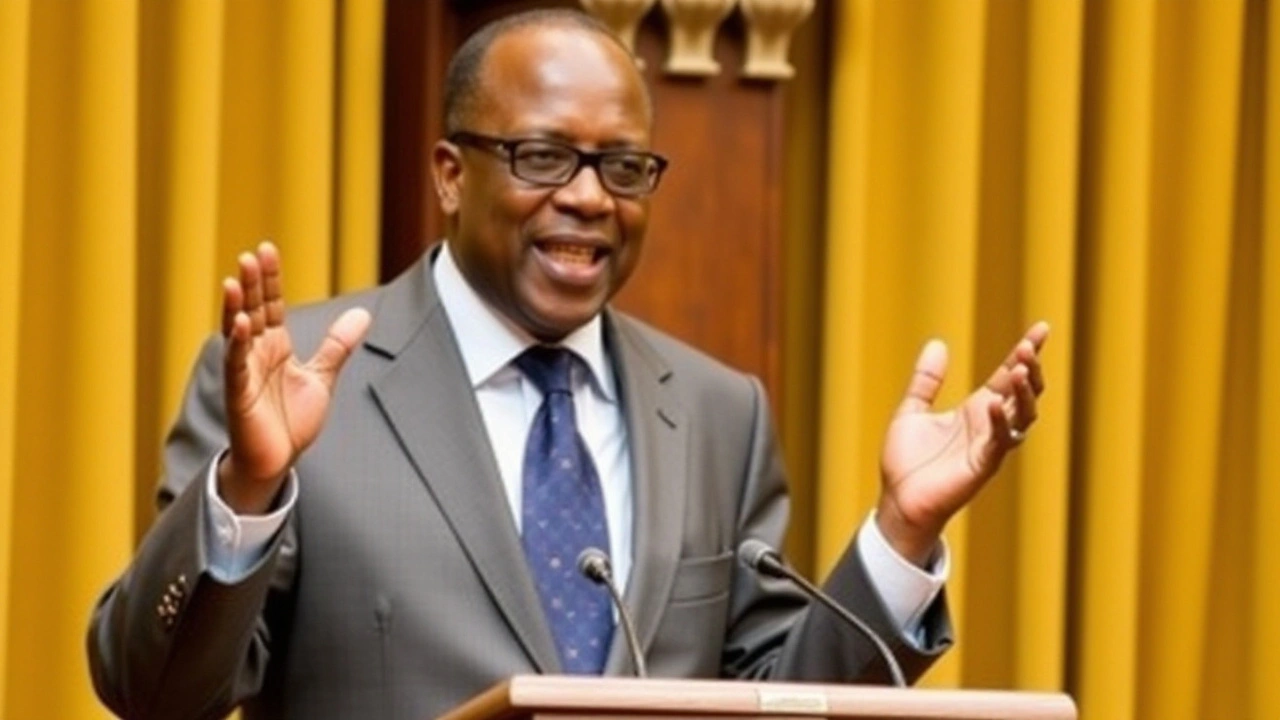Early Elections: Understanding What They Are and Why They Happen
Early elections can shake up a country's political scene, often catching people off guard. But what exactly are early elections? Simply put, they are elections called before the scheduled time, usually to resolve political deadlocks, government instability, or a loss of confidence in leadership.
Unlike regular elections, early elections compress the timeline, pushing parties and voters to make quick decisions. They often result from crises, such as a government losing the majority or key leaders stepping down.
Why Do Countries Call Early Elections?
There are a few common reasons behind early elections. Sometimes a ruling party loses support, making it impossible to form a working government. Other times, scandals or shifts in alliances cause a breakdown in cooperation. Instead of waiting for the next scheduled vote, early elections let the people decide who should run things next.
This quick election call can be a double-edged sword. For some, it offers a chance to reset and bring fresh ideas. For others, it may lead to uncertainty and political unrest. But it undeniably plays a key role in how democracies stay responsive and accountable.
What Should You Watch For During Early Elections?
When early elections are announced, campaigns usually heat up fast. Pay attention to shifts in party strategies, new coalitions forming, and the issues that candidates focus on. Since there’s less time, voters have to stay informed to make smart choices. This makes reliable news and updates critical to understanding the changing landscape.
Early elections also tend to have a big impact on policies affecting everyday life. Whether it’s local governance, economic plans, or social programs, the results can change the direction of a country pretty quickly.
If you’re curious about current early elections, following trusted news sources can keep you in the loop. These sources break down the fast-paced developments, provide expert commentary, and explain what the outcomes mean for citizens.
In short, early elections matter because they reshape power faster than usual. Understanding their causes and effects can help you grasp the bigger picture of your country’s politics and what lies ahead.
Jimi Wanjigi Announces Ambitious Plan for Early Elections in Kenya
Jimi Wanjigi, a well-known businessman and former presidential candidate in Kenya, has announced a bold plan to hold elections before the scheduled 2027 date. Revealing his strategy on Citizen TV, Wanjigi emphasized the importance of constitutional provisions and accountability in governance, driven by his commitment to addressing economic challenges in the country.

